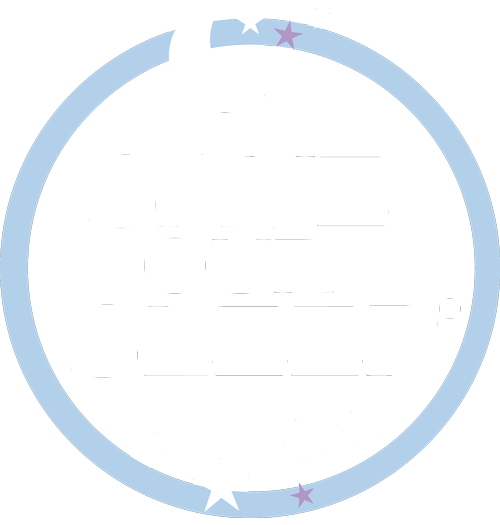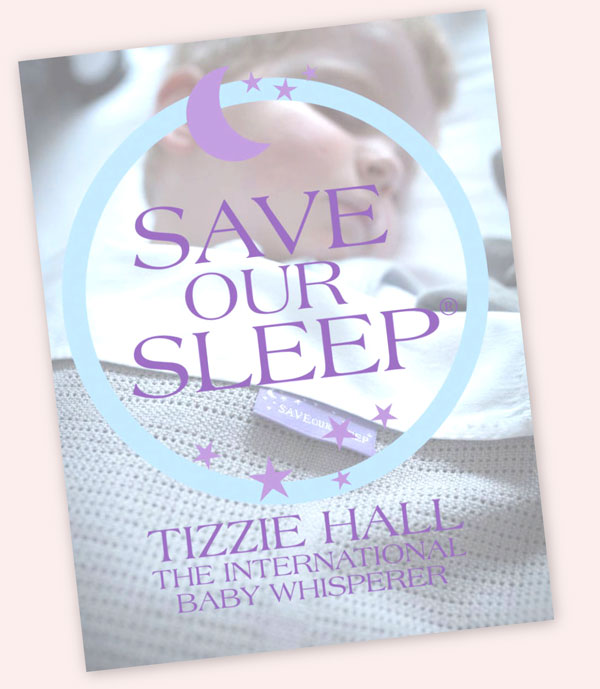Have you found even though Daylight savings has now ticked over that you notice weeks later the early rising has shown its ugly self again. I thought now would be a good time to go over the points that might be causing the early rising.
If you are finding that your baby or toddler settles and sleeps well at 7 pm only to wake up between 5 am and 6.30 am every morning ready to start the day, take a look at some of the common causes I have found for early rising below.
The bedtime ritual

If the last milk feed or story is too close to bedtime your baby could be using this as a sleep aid and be going to bed already sleepy. Then, when your baby wakes at 5 am, she is looking for the same aid to help her back to sleep. Often just changing the bedtime ritual during daylight savings and making sure the last twenty minutes before bed is taken up with stimulating play will help your baby sleep until 7 am.
Is your baby warm enough to sleep all night?
A big contributing factor to babies and toddlers not sleeping through the night is temperature. The baby’s room should be heated to 20°C with an oil heater or cooled to *22°C day and night when using an air-conditioning unit.
I have often found that just by adding an extra layer or two of cotton-bamboo blankets to your baby’s bed, along with dressing them as I suggest in the safe bedding guide, your baby will sleep in until 7 am. I
f you find it is too warm to add the extra layers at 7 pm, you can also try adding them after the dreamfeed or just before you go to bed for the night.
*Please note: you do not have to cool your baby’s room to 22°C. It is fine for your baby to sleep in a non-air-conditioned room with adjusted bedding layers and these temperatures are averages and you will need to check the bedding guide for where you live. Most babies and toddlers prefer you to go down a TOG in safe sleep bag then remove blanket layers so please try a 0.5 TOG sleep bag before you remove blankets.
The time of your baby or toddler’s daytime sleep
It might be that your baby is having her daytime sleep too early in the day. Over the years, it has been my experience that the time a baby wakes up in the morning can be affected by the time you put her down for her first sleep of the day. I have not yet worked out why this happens but, I can tell you, it does have an impact. So, if the warmth and the bedtime ritual are not issues, start to move the daytime sleep. This usually only applies to babies older than seven months.
If you are following my routine and putting your baby of seven to nine months down for her first sleep of the day at 9.20 am each morning but they are waking at 6.15 am or earlier from the night sleep instead of 7 am, try moving the 9.20 am sleep to 9.40 am. If your baby is over nine months, try moving the 9.50 am sleep to 10.15 am. If you have a toddler, I suggest moving your toddler’s day sleep forward by twenty minutes every three days until you find a time that your baby is sleeping in until 7 am in the morning.
Too much daytime sleep and daylight savings
Some babies and toddlers need less daytime sleep than others, so you can also try cutting the amount of daytime sleep to see if this helps your baby sleep in until 7 am. An average amount of daytime sleep for babies under five months old is four hours and 45 minutes; for a baby aged five to seven months, the average is four hours and twenty minutes; a baby aged seven to nine months will usually sleep for four hours; and a baby aged nine to twelve months old will sleep for an average of just three hours.
Once a baby reaches twelve months old it is a little harder to give average times, but I would not let a baby of between twelve and eighteen months sleep longer than two hours and 30 minutes; a toddler of between eighteen months and two years longer than two hours and fifteen minutes; a toddler aged two years should sleep no longer than two hours; and a toddler aged three years no longer than an hour during the day.
Your baby’s diet
Some babies rise early because all of their nutritional needs are not being met. In some cases, introducing meat or fish into the baby or toddler’s diet stops the early rising. In other cases, certain types of baby food can cause early rising, I have also found custard of any variety, be it store bought, homemade from custard powder or homemade from scratch to be a problem, so it’s worth looking into your baby’s diet if she is rising early. For more information on diet please refer to my Feeding book.
Changing the 7pm bedtime during daylight savings
If none of the above works, what next? I suggest trying to move your baby’s bedtime. I have in the past moved the bedtime to 6.30 pm – and bingo! – the baby or toddler sleeps until after 7 am. So if all else fails, try moving your baby’s bedtime to 6.30 pm.




